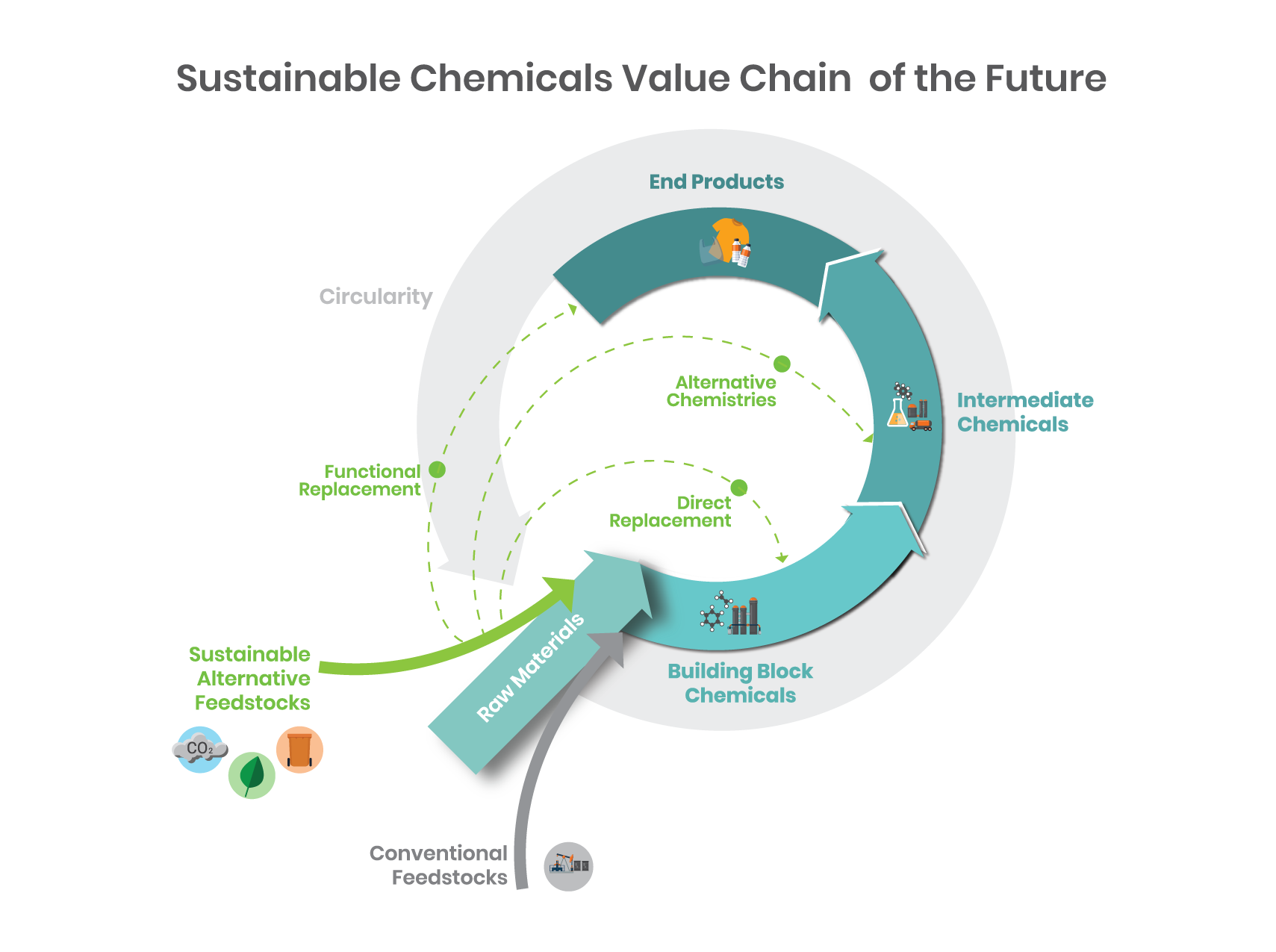Key Considerations for Picking the Right Chemical Products to Achieve Effective Integrated Solutions in Your Workflow
Choosing the ideal chemical items for integrated services in operations requires a diverse technique that incorporates various important factors to consider. From analyzing chemical compatibility to guaranteeing adherence to regulative requirements, each element plays a critical function in enhancing functional performance and safety and security.
Recognizing Chemical Compatibility

To examine compatibility, one should consider variables such as the chemical buildings of the substances included, consisting of pH, concentration, temperature level, and the visibility of contaminations. Utilizing compatibility graphes and data sources can give important understandings right into potential communications. Additionally, carrying out small examinations can aid identify unexpected reactions that may not be recorded.
Variables such as humidity, light direct exposure, and temperature can affect the stability and sensitivity of chemical products. By focusing on chemical compatibility throughout the option process, companies can improve functional performance, minimize the threat of mishaps, and ensure compliance with safety and security procedures.
Evaluating Regulative Conformity
In the complicated landscape of chemical item selection, assessing regulative conformity is critical to making certain not only security yet also legal adherence. Organizations should browse a myriad of laws, from local and national legislations to global criteria, that govern the usage, storage space, and disposal of chemical substances. This requires a detailed understanding of applicable policies such as the Occupational Security and Health And Wellness Administration (OSHA) standards, the Epa (EPA) standards, and the European Union's Registration, Examination, Authorisation and Limitation of Chemicals (REACH)
When choosing chemical products, it is vital to verify that distributors give Security Data Sheets (SDS) that detail possible hazards and dealing with requirements. Services ought to validate that the chemicals conform with industry-specific policies, which might enforce extra stipulations. Non-compliance can cause severe fines, including penalties and functional shutdowns.
In addition, organizations need to stay upgraded on regulatory modifications, as non-compliance can emerge from obsolete methods. Creating a robust compliance approach, including routine audits and staff member training, can help guarantee adherence to existing regulations. Eventually, focusing on governing compliance not only alleviates danger but likewise improves the company's online reputation and operational efficiency.
Assessing Environmental Effect
How can companies efficiently evaluate the ecological effect of chemical items during the selection procedure? Organizations should start by identifying the possible risks linked with each chemical, including toxicity, perseverance in the environment, and bioaccumulation capacity.
In addition, organizations can utilize third-party accreditations and eco-labels that show compliance with ecological standards you can check here - Chemical Products. Involving with suppliers who focus on sustainability techniques can also improve the selection process. It is crucial to evaluate not only the straight results of chemical use however likewise the indirect influences, such as energy usage and waste generation
Implementing life cycle evaluation (LCA) methods can give comprehensive insights into the environmental footprint of chemical products, highlighting locations for renovation. By focusing on openness and partnership with stakeholders, companies can make enlightened choices that align with their sustainability goals while minimizing adverse environmental outcomes. This aggressive strategy inevitably promotes a much more accountable and eco-conscious operational structure.
Assessing Cost-Effectiveness
While reviewing chemical products for operational usage, companies should also take into consideration cost-effectiveness as a crucial consider the choice process. This includes evaluating not just the preliminary acquisition cost but additionally the total price of possession, that includes factors such as use efficiency, maintenance, and disposal prices. Chemical Products. A product that shows up affordable upfront may sustain higher expenses in power consumption or call for even more frequent substitute, ultimately affecting the lower line
Additionally, organizations need to assess the capacity for cost financial savings via optimized formulas that boost efficiency and reduce waste. Products that need reduced application prices or use faster handling times can lead to considerable financial savings over time. It is additionally essential to consider the influence of governing compliance costs, as non-compliance can result in penalties and raised functional expenditures.
Moreover, companies need to review the long-lasting value originated from the chemical products, consisting of enhanced quality, boosted efficiency, and improved security. A comprehensive cost-effectiveness analysis equips organizations to make enlightened choices that align with both their monetary goals and functional purposes, ultimately bring about lasting and effective methods.
Identifying Supplier Integrity
Distributor integrity is critical when picking chemical products for operations, as it straight influences both product top quality and operational performance. A reliable vendor continually provides high-grade products in a timely manner, ensuring that your processes stay uninterrupted. To determine vendor integrity, start by assessing their credibility within important site the sector. Look for out evaluations, testimonies, and instance researches that highlight their efficiency and consumer satisfaction levels.
Next, consider the supplier's background of compliance with policies and standards. A explanation credible vendor should have a durable quality control program that adheres to market standards. Additionally, review their capability to give technical assistance and product info, which is essential for educated decision-making.

Conclusion
In final thought, selecting the appropriate chemical items for incorporated options requires an extensive assessment of several critical variables. Comprehending chemical compatibility, guaranteeing governing conformity, assessing ecological impacts, assessing cost-effectiveness, and determining reliable distributors collectively add to notified decision-making.